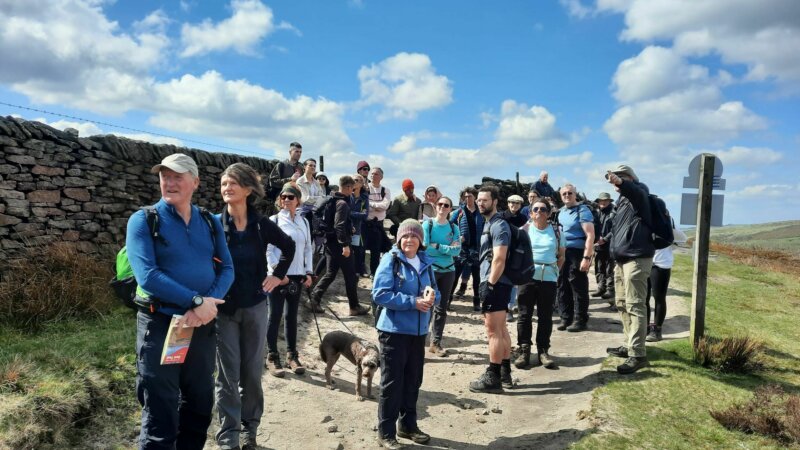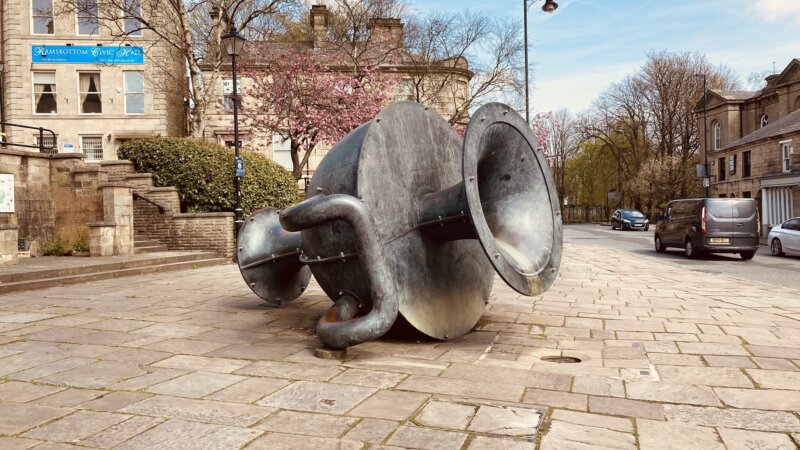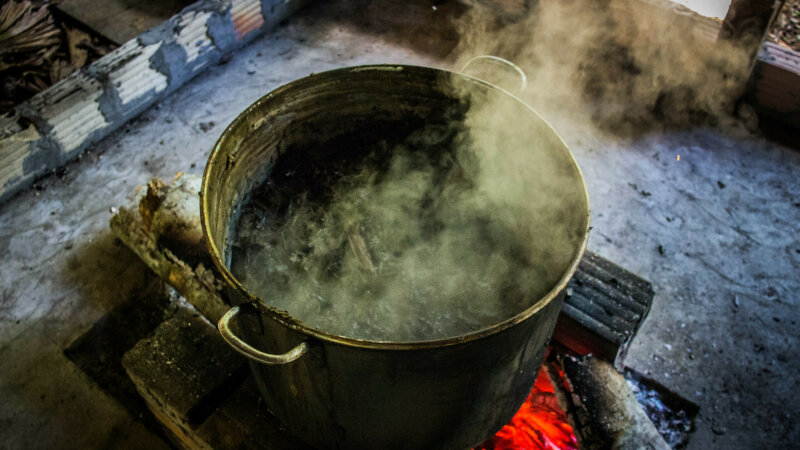Strange Bedfellows
Lucas Jones looks at the intertwined worlds of creativity and insomnia through our sleeping patterns and habits.
Insomnia is the inability or difficultly some people have in getting to sleep. Whether lying awake in bed at night or trying for an afternoon nap, some estimates show that as many as a third of us could have the condition. But is there a connection between the struggle for sleep and the creative mind? Famous insomniacs include such diverse characters as Vincent Van Gogh and Madonna. The former allegedly used to douse his bed in camphor – a type of turpentine – in order to knock himself out so he could sleep.
Simon Kyaga, one of the foremost experts on the study of creativity and mental illness has found much literature on the supposed link. Though insomnia and mental illness don’t go hand in hand, it seems that both have at least a connection in the public imagination in the figure of the ‘the artiste’. Dr Kyaga cites the ancient Greek ‘father of medicine’, Hippocrates, who found a symptom of “melancholia” to be insomnia. It appears that such perceptions of mental health and sleeplessness date back even to antiquity.
The NHS interestingly highlights some of the causes of insomnia: stress, depression, recreational drugs, and caffeine. These too might feed into our view of creative minds torn by the effects of outer and inner turmoil. The idea of the individual striving to accelerate their inventiveness through substance abuse, as well as the frustration and fear of lacking originality, could both be seen as factors behind the failure to sleep.
Doctors recommend sticking to a regular sleeping pattern: exercising through the day and relaxing in the evening. For the creative mind, however, the answers are more complex, with other research suggesting that the curse of “higher divergent thinking and more creative behaviours” are nights of insatiable tiredness where your imagination is most heightened.
As for myself, even from earliest childhood I was aware that something wasn’t right with my sleeping pattern. I could hardly ever sleep through the night, so I would wake at around 3am and instead go downstairs and quietly read until dawn. From the age of about eight onward, I had read every book in the house and began buying more and more to fuel my now nightly ritual. Using this time to read then led to my beginning to write.
Jess Said, a 21-year-old author from Sheffield, also claims she not only has the condition, but shares the same unusual relationship with it, using it as a tool for her creativity: “My experience with insomnia turned into a battle with depression, and my creative work took a dark turn during this period. I wrote everything from the heart when I was suffering with insomnia. Everything I wrote was so raw and often quite disturbing to read back, especially years later when I’ve mostly laid that part of my life to rest. I would say there is a definite link between insomnia and my creative process.”
By the end of secondary school I had produced a large volume of short stories, poetry, essays, and even two novels – albeit embarrassingly bad. All this conducted whilst the rest of the world seemingly slept around me. Jess too considered the dynamics that insomnia placed on her life. “I remember one night in particular so vividly. My sleeping had slowly started getting better, and for once I actually felt tired around 10pm. I got into bed and the next thing I knew it was 4am and the birds had started singing outside. I looked at the houses behind mine and wondered if any of my neighbours were awake because they couldn’t turn their brain off either. It was both the worst and best experience, as I got to watch the world wake up before everyone else.”
Having a profession such as journalism is no help for me. As any reporter will tell you: the news doesn’t sleep, so why should you? The desire to finish that last line before you attempt to get to bed is too overwhelming, and with constant rewrites, self-doubt and deadlines, the pressure mounts up. The parallels with more famous sufferers cannot be understated. Stephen Fry confessed that, when taking on the task of writing another book, he will wake earlier and earlier each day, with the momentum of creativity completely overriding his sleeping pattern.
Jess developed insomnia in late 2013 when she was 17 after the loss of a close family member. However, she has begun to fight back and says the clue to beating it is to find inner peace. “I have realised that worrying and overthinking are both futile. What does it achieve? I try to live more in the now, and take one day at a time, rather than letting my mind wander five years into the future. I also found that turning my phone/laptop off around 9 pm helped me ‘shut off’ and I don’t watch TV after that time if I’m having a bout of troubled sleep. I read a lot and that takes my mind into another world, so I don’t think as much.”
Recently I have taken up cycling and have developed the more eccentric habit of taking out the bike just after midnight and cycling somewhere new, pulling out a book, reading until 2am, then cycling home. I have found this tires me sufficiently and allows me to think outside of the box, as reducing the scene in front of you to nothing but a darkened street somewhere gives you that blank canvas that deep thought requires. It’s peaceful, but teeming with ideas.
It seems then that creativity and insomnia are strange bedfellows, each feeding off the other at the expense of the sufferer. To put a positive spin on it, remember American wit Fran Lebowitz, who said, “Life is something that happens when you can’t get to sleep”.





